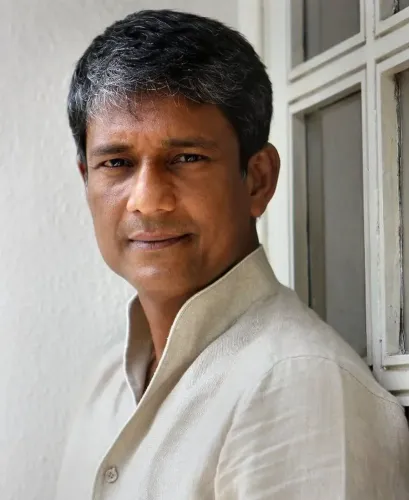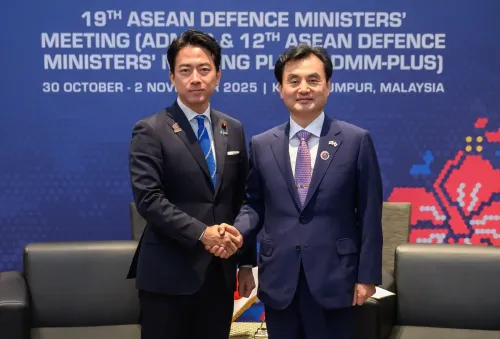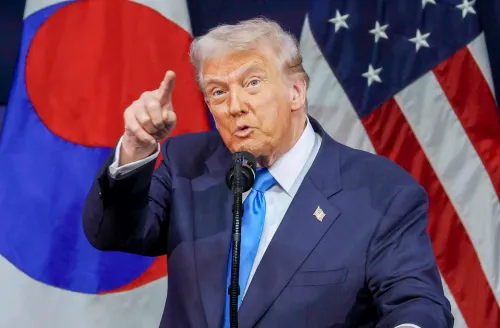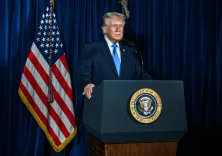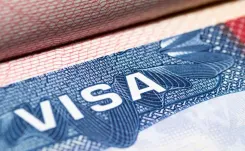How Has India's Security and Counter-Terrorism Strategy Evolved Since 26/11?
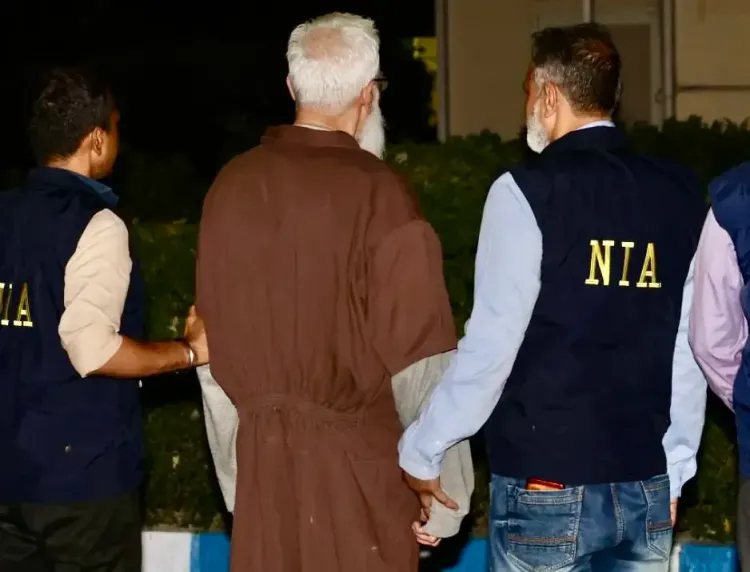
Synopsis
Key Takeaways
- India has reinforced its coastal security and intelligence-sharing systems.
- Operation Sindoor marks a proactive approach to counter-terrorism.
- Many key figures behind the 26/11 attack remain protected in Pakistan.
- The normalization of terror as a global risk is a significant concern.
- Vigilance and honesty are essential to honor the victims of 26/11.
New Delhi, Nov 24 (NationPress) India has substantially fortified its coastal monitoring systems, restructured intelligence-sharing frameworks, and improved the responsiveness of its elite units since the tragic terrorist incident on November 26, 2008, in Mumbai, according to a report released on Monday.
The report also highlighted that the global comprehension of the network of militant groups based in Pakistan has evolved significantly since 2008.
In an article for Global Order, political and security analyst Chris Blackburn noted that Operation Sindoor, initiated in May 2025, exemplified India’s growing readiness to target terrorist infrastructure directly, including establishments linked to Lashkar-e-Taiba and Jaish-e-Mohammed, whenever such threats cross its thresholds.
“Nevertheless, the underlying issue remains a troubling and enduring challenge. Numerous individuals involved in orchestrating, facilitating, and ideologically supporting the 26/11 attack continue to live openly in Pakistan, shielded by layers of political ambiguity, judicial inertia, and bureaucratic leniency. Their groups rebrand, fragment, or evolve while maintaining the same objectives under different names,” Blackburn remarked.
“The global community, on the other hand, often retreats into the familiar rhetoric of ‘dialogue’ and ‘engagement,’ even when the factual record indicates that these organizations operate with a sophistication and reach that no responsible nation should accept. The complacency is pervasive and recognized: a gradual normalization of terror as a regrettable but accepted risk of a connected world,” he continued.
As stated in the report from Global Order, each year, the anniversary of 26/11 necessitates contemplation not just on the tragic loss of lives but also on the nature of an attack that reshaped India’s security, diplomatic, and counter-terrorism strategies. It emphasized that Mumbai was not randomly selected—it represented India’s global identity as a center of financial strength, cinematic creativity, and cultural diversity.
However, the report pointed out that the conspiracy behind the attack was formulated far from the Gateway of India. It was engineered in Pakistan by Lashkar-e-Taiba, a jihadist group cultivated over the years through a sophisticated blend of indoctrination, rigorous military-style training, and support from Pakistan’s security apparatus.
“Seventeen years later, that spirit remains the city’s most meaningful tribute. Our obligation is to honor it with integrity and determination. The tragedy of 26/11 was not unavoidable; it was facilitated. Such incidents will recur—perhaps in new forms, through emerging technologies or different proxies—if the structures of impunity surrounding cross-border terrorism endure. The world owes the victims of Mumbai more than mere condolences. It owes them vigilance, honesty, and a commitment to reject the normalization of the kind of violence that sought to transform one of the world’s major cities into a headline,” the report concluded.


